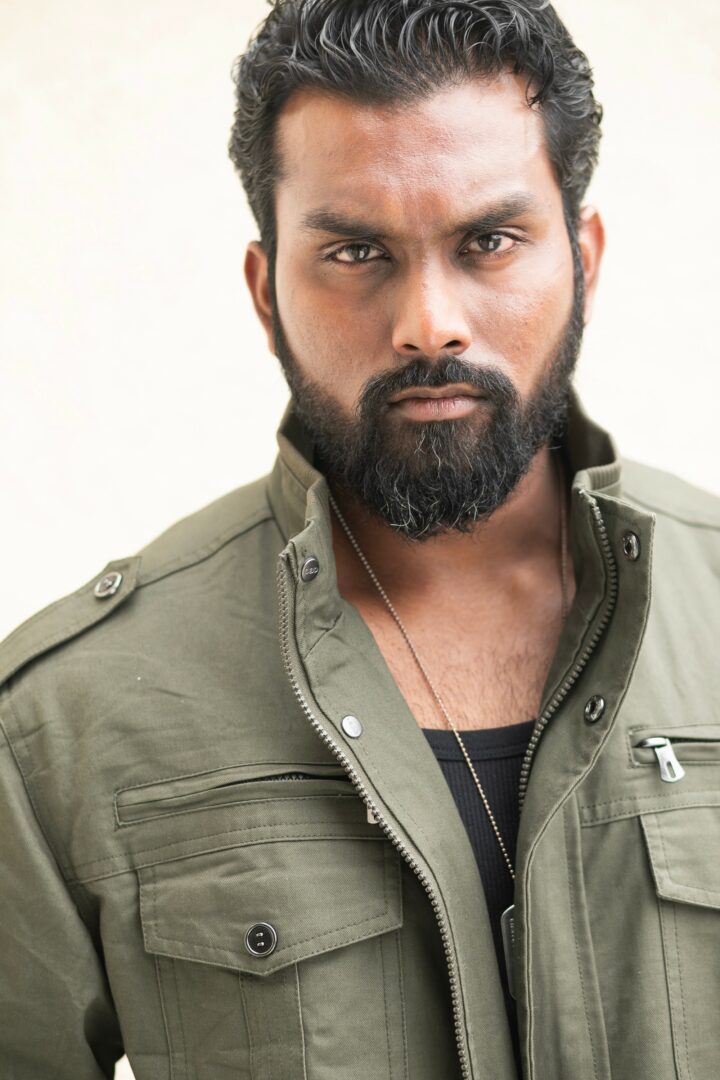We’re excited to introduce you to the always interesting and insightful Justin Konda. We hope you’ll enjoy our conversation with Justin below.
Justin, thank you so much for joining us today. Let’s jump right into something we’re really interested in hearing about from you – being the only one in the room. So many of us find ourselves as the only woman in the room, the only immigrant or the only artist in the room, etc. Can you talk to us about how you have learned to be effective and successful in situations where you are the only one in the room like you?
I used to look at being the only one in the room that looks like me is a weakness. Along my journey, the more rooms that I got into the more I realized that it’s a strength. It’s my Strength. I know the reason I got here is not because of my looks but because of my merits and value. That gave me confidence. Like that saying goes ” Be so good they can’t ignore you”. Same goes to I was so good, they chose me and get to be in those rooms. People start to wonder what is so special about me that I’m here in this position. That’s because of my talent, hard work, dedication and persistence. I know I can outwork most people that don’t look like me because they had help from other people that look like them. Favoritism can only go so far especially if you’re in an industry that your success is purely based on your production. I bring my best self anywhere I go because of my unique upbringing and my unique experiences shaped me for who I am now.
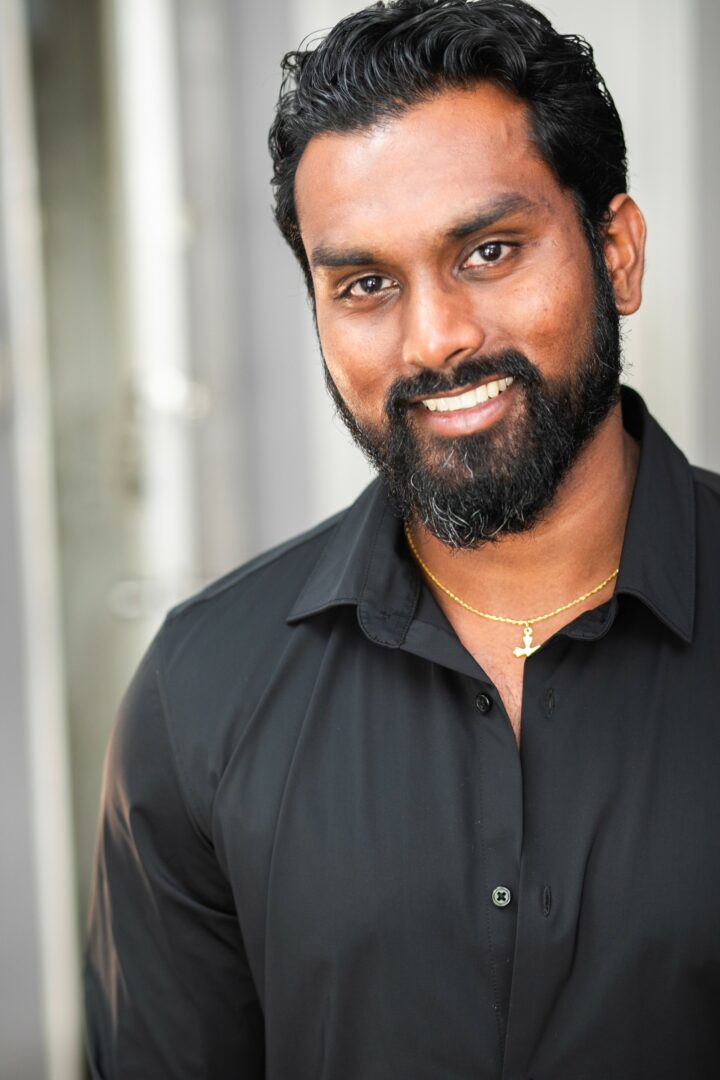
Let’s take a small detour – maybe you can share a bit about yourself before we dive back into some of the other questions we had for you?
After serving 6 years in the US Army, I decided to pursue my passion in acting. I just finished a 2 year degree program in acting from The Lee Strasberg Theatre & Film Institute. While I was in school I produced and acted in two shorts films “For Love or Money” and “Hostile Plans” which both won awards in film festivals. I got an agent and a manager within a month of finishing my school and now I pursuing my first role in a TV show or a feature film. I’m very excited to bring my experiences and culture of growing up in India and Australia along with my time in the military and spending about a year in Japan with the Army to the art of story telling. I met so many people with interesting, unique and fascinating life stories that go untold or take it to their grave with them because they don’t want to share them or don’t have anyone that care enough about them to share them. Those untold stories are what motivates me and fuels my passion to tell them on the big screen. Those people deserve to share their stories and watch themselves as characters being played by actors on the big screen. I’m also more of a character actor and love learning about what makes the character the way they are. Would I be the same way if I had the same past ? That’s the question that I like to answer myself when I’m working on a character and I get to see the differences and similarities as a human being. We’re all the same and also very different at the same time. We all share the same human experience and emotions but we act differently. Finding that is what I feel special about this art.
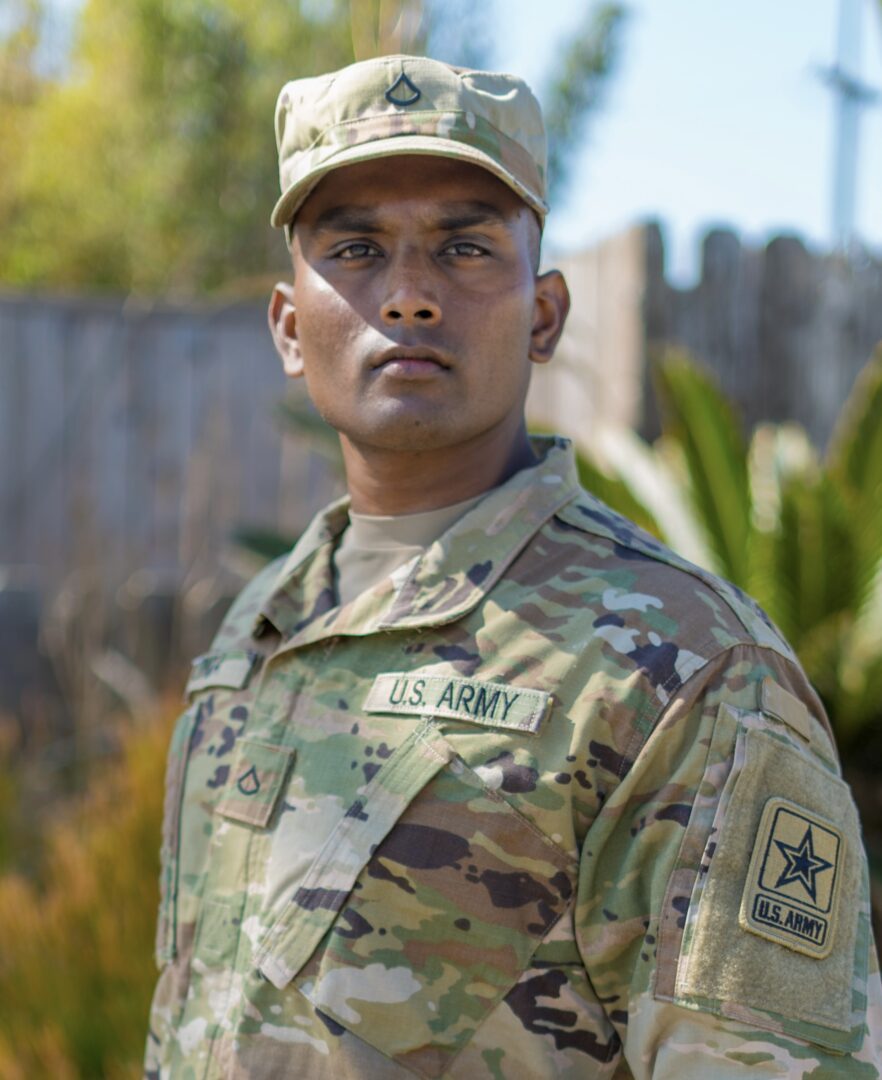
There is so much advice out there about all the different skills and qualities folks need to develop in order to succeed in today’s highly competitive environment and often it can feel overwhelming. So, if we had to break it down to just the three that matter most, which three skills or qualities would you focus on?
Persistence, Purpose and Precision are the three qualities that served me the most in my journey.
Persistence comes from practice. Not quitting when things get hard is a habit that needs to be practiced every time you come across something hard. Now I intentionally do hard things to build persistence. Whether it’s waking up early, working out, cold plunges, etc. It’s a muscle that needs to be worked every day.
Purpose keeps you going when things get tough. Every one can do anything when it’s easy. If you don’t know why you’re doing something then it’s going to be hard to find out what to do and how to do when you don’t know why.
Precision means executing your actions precisely with confidence and control. You can’t control what you can’t control but you’ve to control the things that are in your control. Educating yourself the best you can about the subject matter, practicing your skills and executing that with precision is the key for great results. You cannot control the outcome but you can always control your output and if you’re in a highly competitive industry then you better do it with precision.
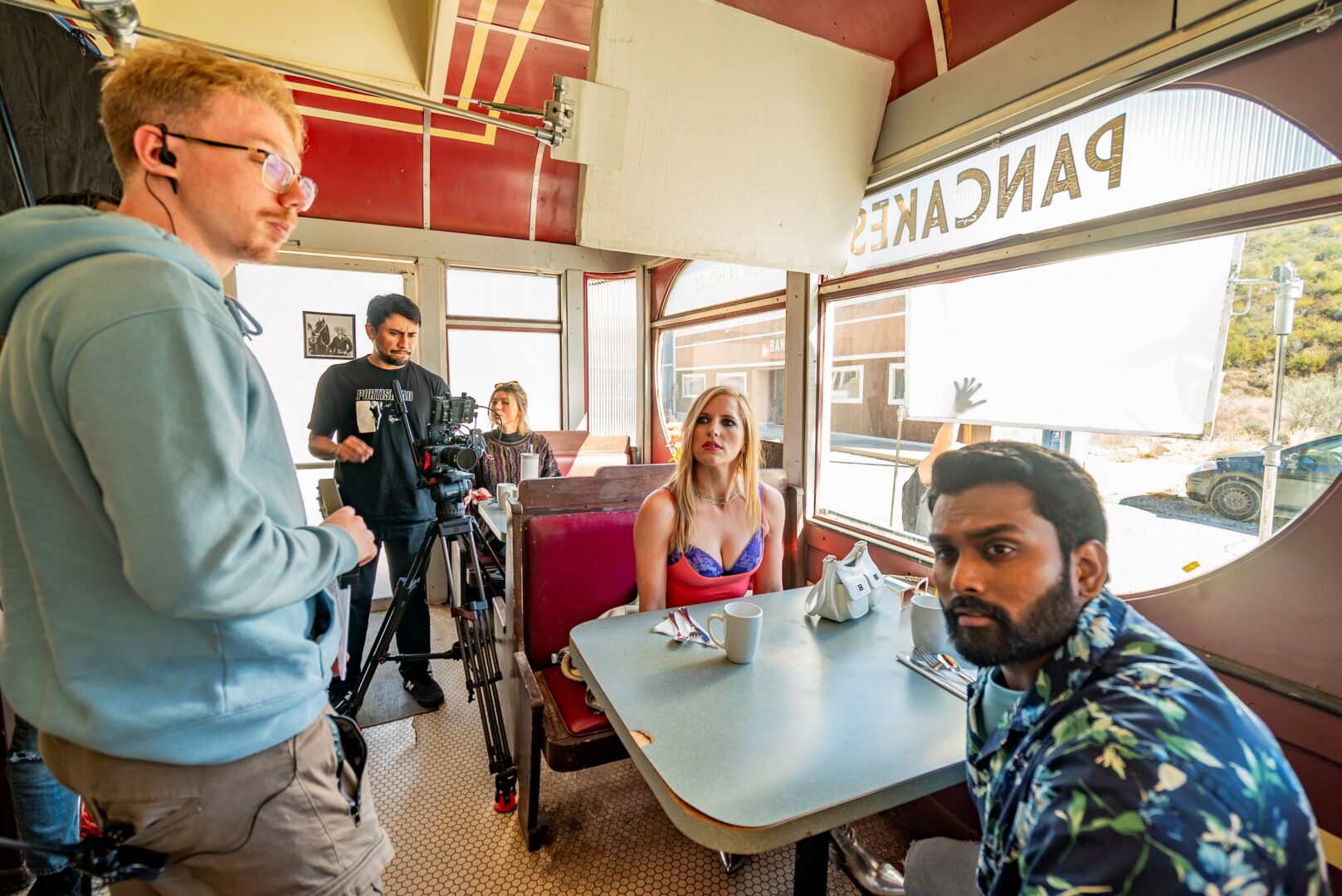
To close, maybe we can chat about your parents and what they did that was particularly impactful for you?
My parents sent me to a boarding school for my high school years. I didn’t think it was impactful at all when I was going through it but now I look back at it, that was the most impactful thing they did for me. I learned to follow a structure, schedule and not having freedom to do things that could’ve destroyed me because of my reckless behavior when I was young. It prepared me for a life in the military. It created discipline and delayed gratitude that most young people need to be successful later in their lives. Learning that at a young age, now it comes easy to me compared to most people that I know that struggle with that in their diet, routine and managing their finances.
Contact Info:
- Instagram: wakonda30
- Youtube: https://www.youtube.com/@Wakonda30
- Other: IMDB:
https://www.imdb.com/name/nm17361716/
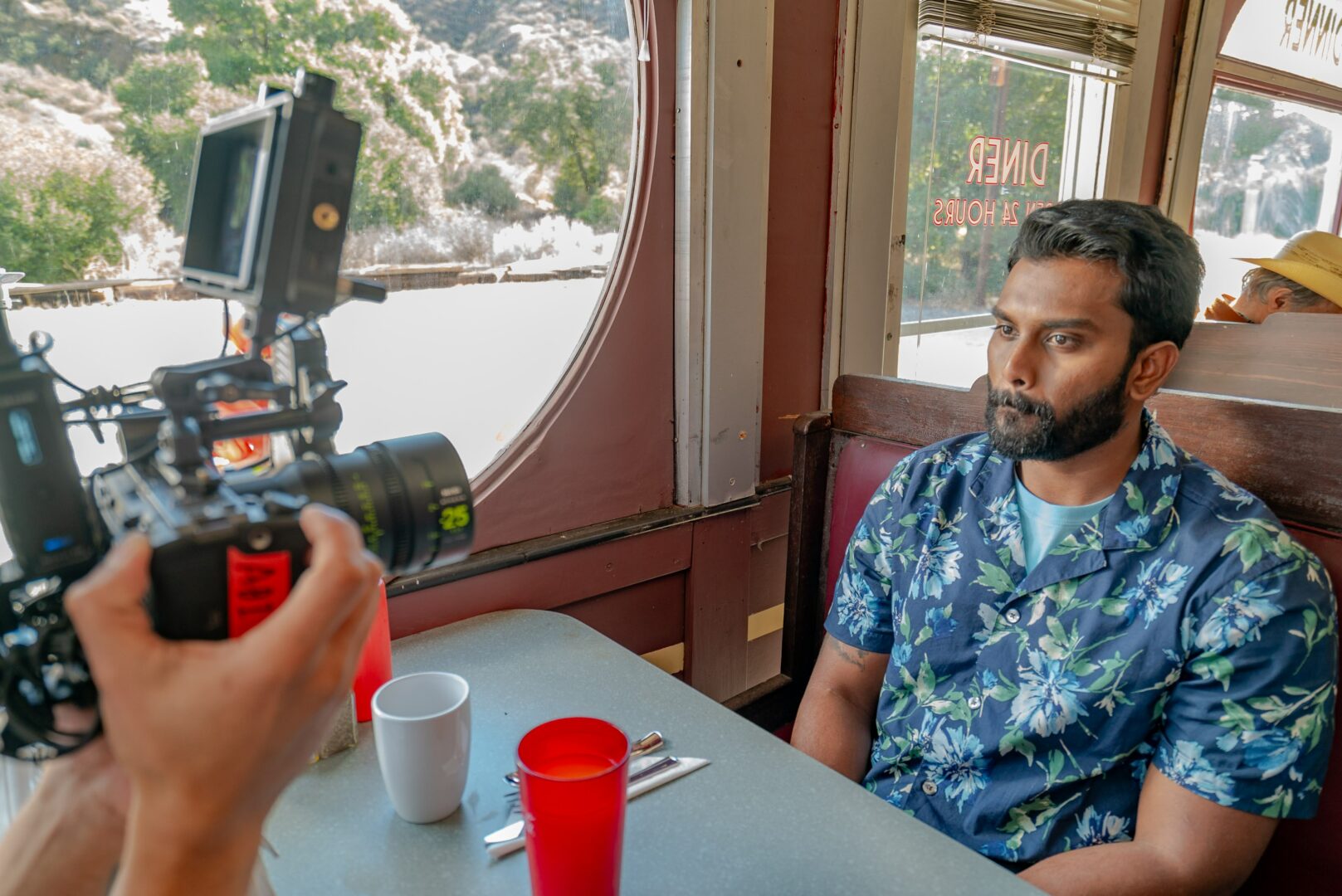
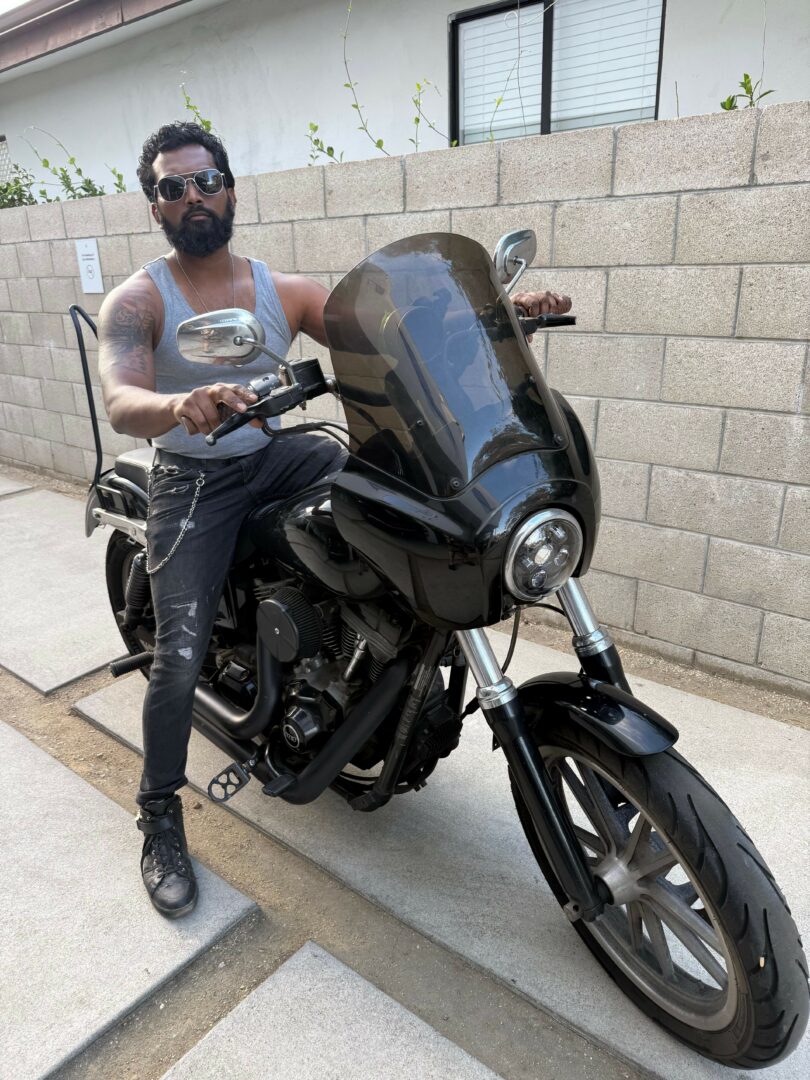
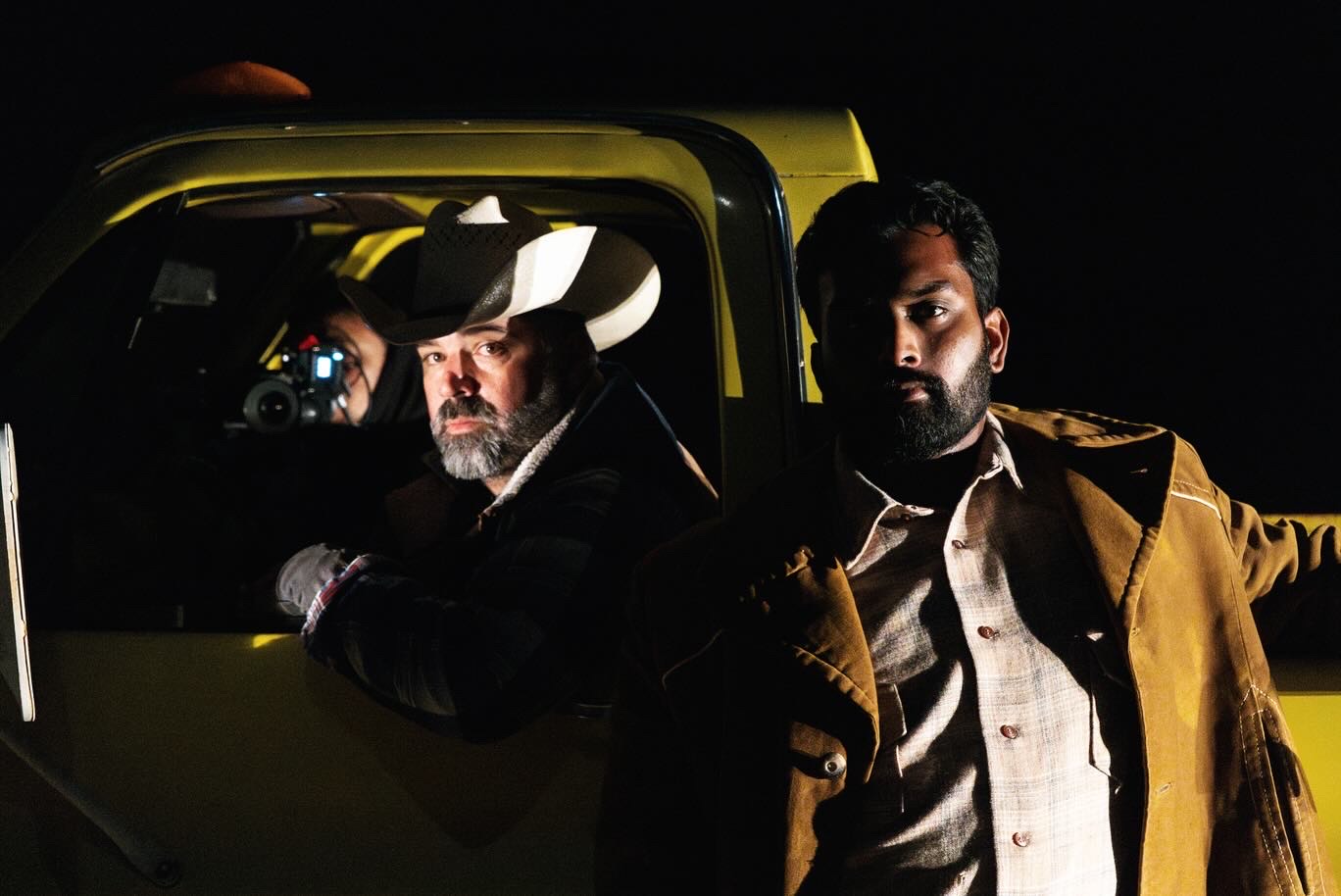
Image Credits
some of the pictures are behind the scenes shots from my short films “For Love or Money” and “Hostile Plans”
so if you or someone you know deserves recognition please let us know here.

